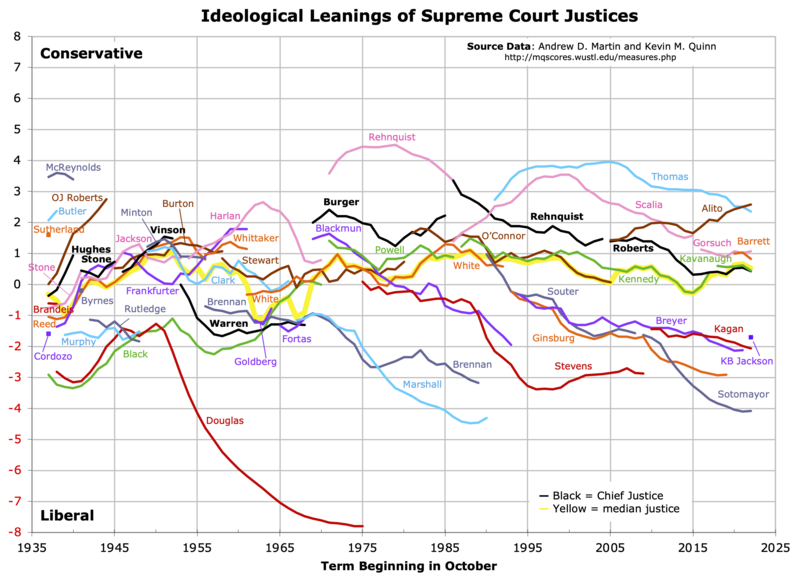As of yet, the only weapon the Supreme Court has decided falls under the protection of the Second Amendment is a handgun, and only in homes. This is based on the argument that a broad interpretation of the amendment includes the right of self-defense - which is not mentioned in the amendment, but was commonly argued at the time of its ratification to be a reason why arms can be kept and borne.
Cases are winding their ways to the court which will allow them to rule whether protection applies not only to handguns, but to assault weapons as well. The author mentions some of these cases - including one that the Supreme Court decided to not hear in December - four justices chose not to hear the case. Another - Kolbe v Hogan - might be accepted though. It involves a ban on assault weapons passed by the state of Maryland following the Sandy Hook shooting. The lawsuit was filed by a variety of groups and a couple citizens who argue the Second Amendment should apply to assault weapons.
Specifically they are arguing - as I understand it - that limits on weapons should be subject to strict scrutiny rather than intermediate scrutiny. This is more difficult test to pass, which makes it more likely that limits on guns will be found constitutional.
-
Click here for Kolbe v Hogan.
For grins - here's the list of plaintiffs. It's taken from the case.
- STEPHEN V. KOLBE
- ANDREW C. TURNER
- WINK'S SPORTING GOODS,
INCORPORATED
- ATLANTIC GUNS, INCORPORATED
- ASSOCIATED GUN
CLUBS OF BALTIMORE, INCORPORATED
- MARYLAND SHALL ISSUE,
INCORPORATED
- MARYLAND STATE RIFLE AND PISTOL ASSOCIATION,
INCORPORATED
- NATIONAL SHOOTING SPORTS FOUNDATION,
INCORPORATED
- MARYLAND LICENSED FIREARMS DEALERS
ASSOCIATION, INCORPORATED
-
Click here for the article in Slate.
In December the Supreme Court declined to hear a case challenging a Chicago suburb’s ban on selling and owning assault weapons. Two justices—Clarence Thomas joined by Antonin Scalia—offered up a bitter dissent when the court refused to weigh in. But the high court, which hasn’t heard a major gun case since 2010, nevertheless let stand a lower court’s ruling that the 2013 ban, adopted in Highland Park, Illinois, did not violate the Second Amendment or the court’s recent jurisprudence interpreting
On Thursday, a three-judge panel of the 4th U.S. Circuit Court of Appeals, in a case called Kolbe v. Hogan, sent the state of Maryland’s ban on assault weapons back to a federal trial court for a second, more scrupulous review. In a 2–1 decision, the majority of the appellate panel found that the semi-automatic weapons and high-capacity magazines banned under a new Maryland law “are in common use by law-abiding citizens” and cannot be banned under the Second Amendment. The ruling sets the wheels in motion for another major gun fight at the high court.
. . . Maryland’s Firearm Safety Act was passed along with a raft of similar gun control measures in other states in the wake of the Sandy Hook Elementary massacre in December 2012. Twenty children and six adult staff members were killed in that massacre by a gunman using three semi-automatic firearms. Among other things, the Maryland statute banned possession of firearms designated as “assault weapons,” including AR-15s and AK-47s. Maryland also banned sales and purchases of ammunition magazines of more than 10 rounds. A District court in Maryland upheld the ban.
That ban and similar ones have been surviving in federal courts because they have been subject to intermediate scrutiny—a constitutional test that often turns on whether the government has a reasonable purpose for a gun law. Public safety is often sufficient to satisfy that standard. The 4th Circuit, in demanding that the lower court look at the Maryland law again under strict scrutiny—a standard that makes it very difficult to salvage a law—sets up the potential for a new high court showdown.


